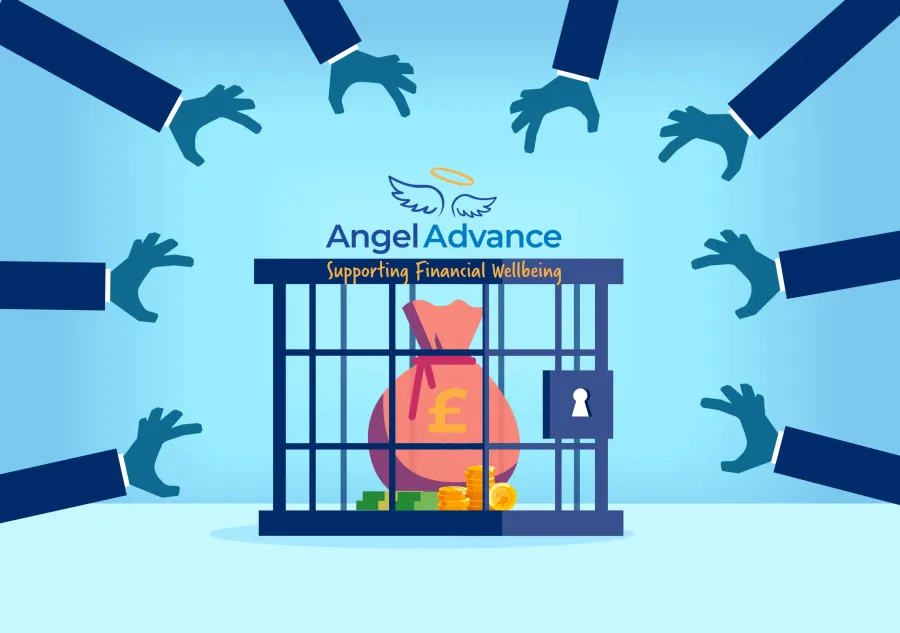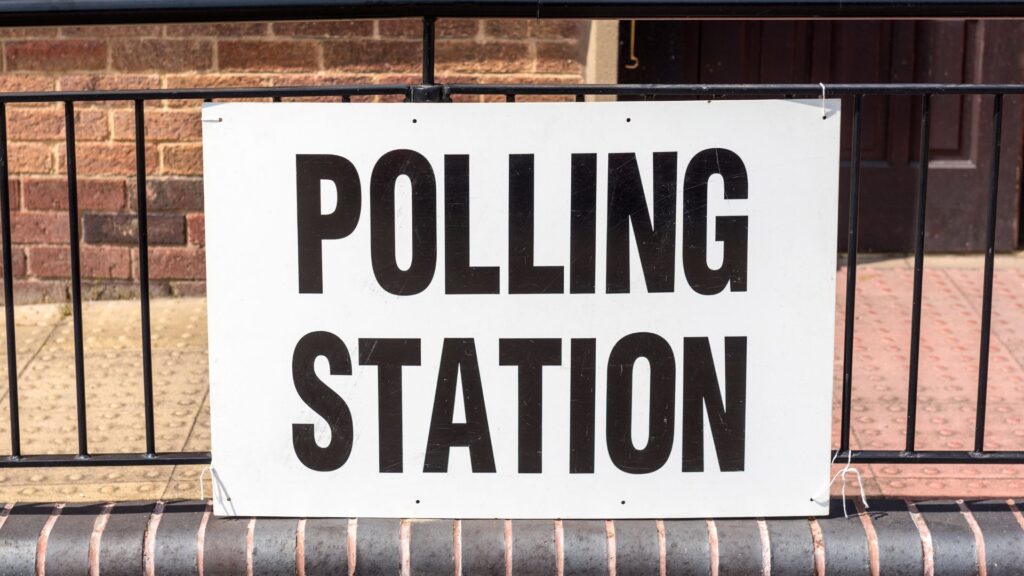As the government announces plans for a second national lockdown, you will be forgiven for worrying about how to repay your debts, especially if you have been furloughed or if your income has reduced.
The good news is, you are not alone, and there may be a Recognised financial solution – known as an IVA – that you could be eligible for even if you can’t afford to pay anything towards your debts for the first few months. We can propose something we call a “slow start IVA”, read on to learn more.
Can I apply for an IVA whist I’m on furlough?
Yes, but before you start your application, let’s take a closer look at what an IVA is and how it can be tailored to help you during and after the pandemic.
What is an IVA?
An individual voluntary arrangement (IVA) is a legal agreement between you and your unsecured creditors which is put together and overseen by an Insolvency Practitioner (IP). Unsecured creditors are the people you owe money to that don’t have security against your property. Examples of unsecured debts are personal or payday loans, credit cards, store cards, but not your mortgage or car finance.
An IVA usually requires you to make an affordable payment each month, normally over a period of 60 months. At the end of that period, the outstanding balance of the debts will be written off regardless of the amount outstanding.
The terms of an IVA – such as the amount that you pay per month – can be adjusted based on your circumstances, but any changes would have to be agreed by both you and your creditors.
And the benefits of an IVA? Your creditors will not send you letters or pursue you for the debt once it has been agreed, they can’t apply further interest or charges, and they can’t take any further collection action against you. This will not only bring you peace of mind, but it also means there is a clear end-date for any impact to your credit file.
How much will I have to pay each month in an IVA?
Your payment amount is calculated by taking your monthly income and removing all of your essential living costs; this can include allowances for hobbies, clothing, and even gifts, but your creditors will expect these budgets to be reasonable and not excessive. Essentially your budget will allow you a good quality of life which you can maintain without hardship, but isn’t extravagant.
Here’s an example of how your payment amount is calculated:
Your monthly income is £1,500 and you spend £1,400 each month to cover all your living expenses, you would be expected to pay £100 towards your IVA each month.
I don’t think I have money left over; can I still apply for an IVA?
Yes! An IVA can be put forward to your creditors with zero or low payments and you’ll still benefit from the protection that the IVA offers. This is what we call a “Slow Start IVA”.
If you can’t afford to pay anything due to furlough, your Insolvency Practitioner can suggest £0 as an initial monthly payment with a view to increasing your payments once your circumstances improve
Given the current financial climate, there’s a very good chance that your creditors will accept a zero or low payment for the first 6 months; the term of the IVA could be proposed as 66 months to help get your IVA accepted. Your creditors will still receive the same amount, they’ll just have to wait a little longer.
How can I apply for an IVA?
With all of the spare time that furlough brings, now will be perfect to assess your situation and take the first step to getting your finances back on track. If you are looking at a Slow Start IVA (with lower payments at the beginning) then we recommend you speak to us over the phone. You can book a call here.
If you want to see if you are eligible for an IVA or another financial solution, you can use our Online Debt Advice tool – just click here or call us on 01925 599400.

